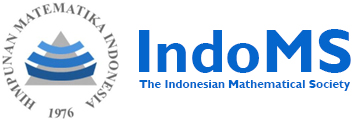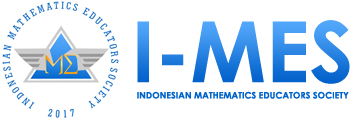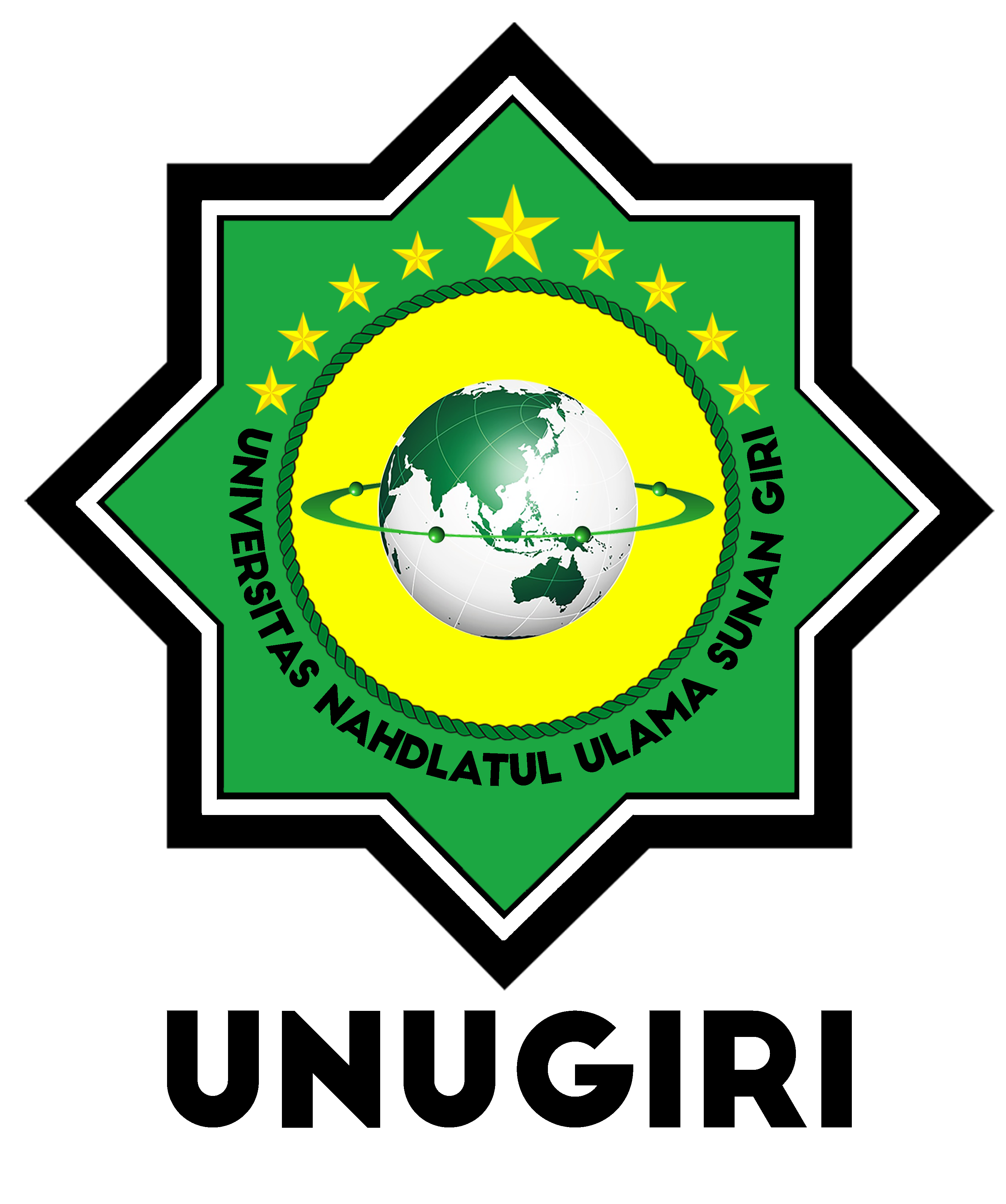Proses Analogi dalam Mengajukan Masalah Tipe Word Problems

DOI:
https://doi.org/10.32665/james.v6i2.1697Keywords:
problem posing, analogies, word problems, mathematics problems, pengajuan masalah, analogi, masalah matematikaAbstract
Penelitian ini bertujuan untuk menganalisis proses analogi siswa dalam mengajukan masalah dalam bentuk word problems. Metode penelitian menggunakan pendekatan kualitatif dengan jenis studi kasus. Teknik pengambilan data yang digunakan adalah tes tulis dan wawancara. Teknik analisis data menggunakan reduksi data, penyajian data, dan penarikan kesimpulan. Subjek penelitian merupakan siswa kelas V sekolah dasar, Adapun purposive sampling digunakan sebagai teknik pemilihan subjek. Hasil penelitian menunjukkan terdapat dua proses analogi siswa dalam mengajukan masalah word problems, yaitu proses analogi positif dan negatif. Proses analogi positif diawali dari pengambilan, pemetaan, abstraksi, representasi ulang, dan evaluasi. Sementara proses analogi negatif disebabkan karena kegagalan pengambilan informasi masalah sumber. Rekomendasi diberikan agar para guru dapat membiasakan pengajuan masalah word problems melalui proses analogi.References
L. Gentner, D., & Smith, “Analogical Reasoning,” in Encyclopedia of Human Behavior, 2nd ed., Elsevier, 2012, pp. 130–136. doi: 10.1016/B978-0-12-375000-6.00022-7.
L. D. English, “Reasoning by Analogy in Constructing Mathematical Ideas,” Cent. Math. Sci. Educ. Queensland, 1993.
C. Bonotto, “Engaging Students in Mathematical Modelling and Problem Posing Activities,” J. Math. Model. Appl., vol. 1, no. 3, pp. 18–32, 2010.
L. D. English, “Children’s Problem Posing within Formal and Informal Contexts,” J. Res. Math. Educ., vol. 29, no. 1, pp. 83–106, Jan. 1998, doi: 10.2307/749719.
E. A. Silver, “On Mathematical Problem Posing,” Learn. Math., vol. 14, no. 1, pp. 19–28, 1994.
F. M. Voica, C., & Singer, Analogical Transfer And Cognitive Framing In Prospective Teachers’ Problem Posing Activities, no. Mcg 11. WTM-Verlag, 2019. doi: 10.37626/GA9783959871327.0.
G. Polya, “How to Solve it: a New Aspect of Mathematical Method Second Edition,” Math. Gazette, vol. 30, p. 181, 1978, [Online]. Available: http://www.jstor.org/stable/3609122?origin=crossref
M. White, C Stephen,. Alexander, Patricia A,. & Daugherty, “The Relationship between Young Children ’ s Analogical Reasoning and Mathematical Learning,” Math. Cogn., vol. 4, no. August 1997, pp. 103–123, 1998, doi: 10.1080/135467998387352.
T. Kojima, Kazuaki., Miwa, Kazuhisa., & Matsui, “Supporting Mathematical Problem Posing with a System for Learning Generation Processes through Examples,” Int. J. Artif. Intell. Educ., vol. 22, no. 4, pp. 161–190, 2013, doi: 10.3233/JAI-130035.
J. F. Matos, P. Valero, K. Y. Editors, N. Pedro, and P. P. Collaborators, Proceedings of the Fifth International Mathematics Education and Society Conference, vol. 3, no. February. 2008.
D. D. Ummins, “The Role of Understanding in Solving Word Problems,” vol. 438, pp. 405–438, 1988.
W. Schmidt, Siegbert., & Werner, “Semantic Structures of One-Step Word Problems Involving Multiplication or Division.,” Educ. Stud. Math., vol. 28, no. 1, pp. 55–72, 1995, [Online]. Available: http://www.jstor.org/stable/3482698 .
R. Kajamies, Anu,. Vauras, Marja,. & Kinnunen, “Instructing low-achievers in mathematical word problem solving,” Scand. J. Educ. Res., vol. 54, no. 4, pp. 335–355, 2010, doi: 10.1080/00313831.2010.493341.
J. S. Ramírez, Miguel Cruz., Pupo, Mauro García., Velázquez, Osvaldo Rojas., & Almira, “Analogies in Mathematical Problem Posing,” J. Sci. Educ., vol. 17, no. 2, pp. 84–90, 2016.
F. Nugrahani, “Metode Penelitian Kualitatif,” 2014, pp. 42–320.
D. P. Turner, “Sampling Methods in Research Design,” Headache J. Head Face Pain, vol. 60, no. 1, pp. 8–12, Jan. 2020, doi: 10.1111/head.13707.
J. Miles, Matthew B., Huberman, A Michael., & Saldana, Qualitative Data Analysis A Methods Sourcebook. 2014.
K. D. Gentner, Dedre., & Forbus, “Computational Models of Analogy,” Wires Cogn. Sci., vol. 2, no. 3, pp. 266–276, May 2010, doi: 10.1002/wcs.105.
R. J. Sternberg, The psychology of problem solving. 2013. doi: 10.1017/CBO9780511615771.
D. Agusantia and D. Juandi, “Kemampuan Penalaran Analogi Matematis di Indonesia: Systematic Literature Review,” Symmetry Pas. J. Res. Math. Learn. Educ., vol. 7, no. 2, pp. 222–231, 2022, doi: 10.23969/symmetry.v7i2.6436.
S. Ramadhani, “Kemampuan Penalaran Analogis Santri dalam Geometri: Kualitatis dI Sebuah Pondok Pesantren,” Mosharafa, vol. 6, pp. 385–386, 2017.
L. D. English, “The Development of Fifth-Grade Children’s Problem-Posing Abilities,” pp. 183–217, 1997.
Downloads
Published
Issue
Section
Categories
License
Copyright (c) 2023 Journal of Mathematics Education and Science

This work is licensed under a Creative Commons Attribution-NonCommercial-ShareAlike 4.0 International License.
Authors who publish with this journal agree to the following terms:
- Authors retain copyright and grant the journal right of first publication with the work simultaneously licensed under a Creative Commons Attribution License that allows others to share the work with an acknowledgment of the work's authorship and initial publication in this journal.
- Authors are able to enter into separate, additional contractual arrangements for the non-exclusive distribution of the journal's published version of the work (e.g., post it to an institutional repository or publish it in a book), with an acknowledgment of its initial publication in this journal.
- Authors are permitted and encouraged to post their work online (e.g., in institutional repositories or on their website) before and during the submission process, as it can lead to productive exchanges, as well as earlier and greater citation of published work
 PDF Download: 209
PDF Download: 209


















